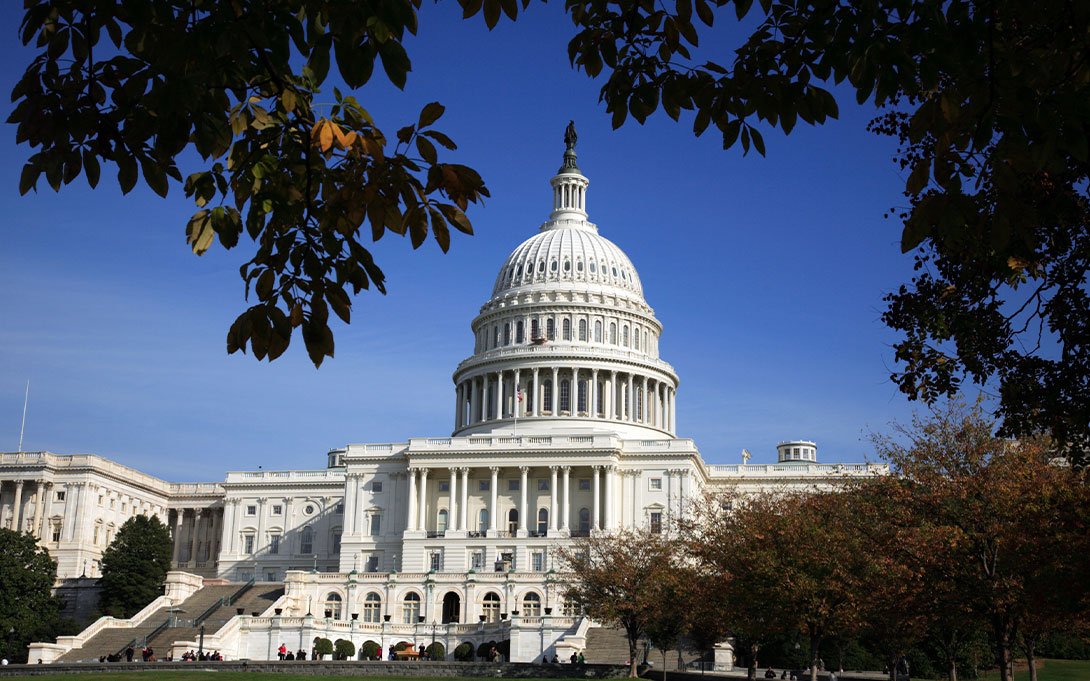
Brittney Barros, dual MSW and MPP student, will brief Congress this week on the Protecting Sibling Relationships in Foster Care Act, legislation which Barros developed as a 2018 intern with the Congressional Coalition on Adoption Institute (CCAI). Barros speaks this Thursday, November 4, 2021 at 1 PM. Register to watch the livestream of the briefing.
While current federal law requires states to make a reasonable effort to place siblings together in the foster care system, a majority of siblings are separated. This bill would authorize the Department of Health & Human Services to establish a pilot program to develop foster care programs designed specifically for sibling groups with large numbers, wide age ranges and complex needs.
"Sibling bonds are truly one of a kind. They entail some of the darkest secrets and impeccable loving memories, share valuable life lessons and are the longest-lasting relationships of a lifetime," said Barros. "Siblings bleed the same blood together, cry the same tears together, and fulfill life's destiny together. They are each other's best friends, shoulders to cry on and truly shape life's adversities and achievements. Foster youth deserve this one-of-a-kind bond which should not be taken by a broken system."
Barros speaks from her own lived experience: she was separated from her siblings for more than six years. During her internship with the CCAI, Barros worked on policy reports. "One of my recommendations about keeping siblings together was copied right into the language of the bill," she said. "I took my trials and trauma and turned it into testimony."
"Siblings are the longest relationship of a lifetime and, as social workers, we talk about the importance of human relationships. Those are core values in our [National Association of Social Workers] Code of Ethics and they are core values of mine."
Barros has a BSW from Eastern Michigan University and is pursuing a joint MSW and MPP at the University of Michigan. "I really wanted to go into social work specifically because I had a foster care worker that didn't treat me well. She did everything that we learn in social work school not to do, and she actually fueled my fire to be a social worker, and be the social worker that I never got to have."
This article was originally published by the U-M School of Social Work. Read the original here.